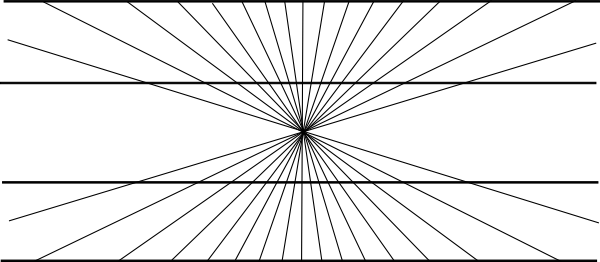Claiming that my sense perceptions can deceive me implies that they are at least generally reliable. Else how would I know I was deceived? The concept of being deceived by our sense perceptions would be meaningless if our sense perceptions were generally unreliable. (Let alone radically unreliable as the skeptics claim.)

But if my sense perceptions are at least generally reliable, then I ought to be able to detect and correct my misperceptions to arrive at reliable knowledge.
And this is more or less exactly what I do.
When a skeptical philosopher trots out an optical illusion to demonstrate the unreliability of my vision, he must conclude by showing me that it’s an optical illusion. But how would he be able to do so unless his—and my—sense perceptions are ultimately attuned to reality and able to deliver what we both agree is reliable knowledge that the illusion is an illusion?
So the skeptic is unable to make his point without undercutting his point.
Skepticism is wrong. It’s simply not the case that we are swimming through a fog unreliable sense perceptions.
